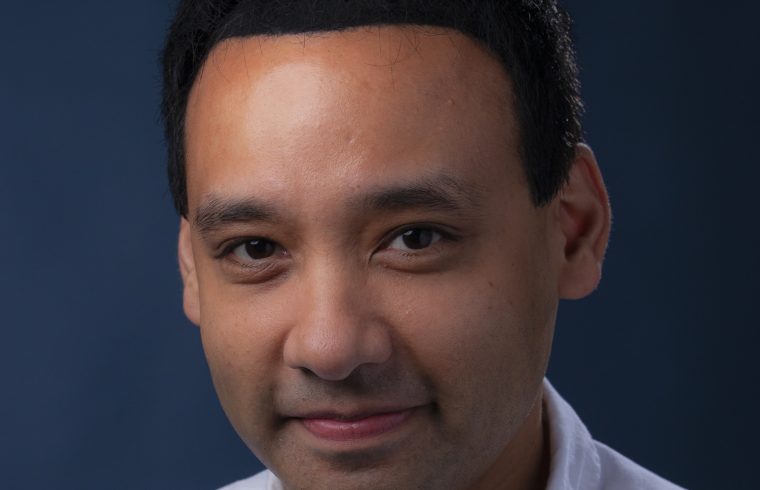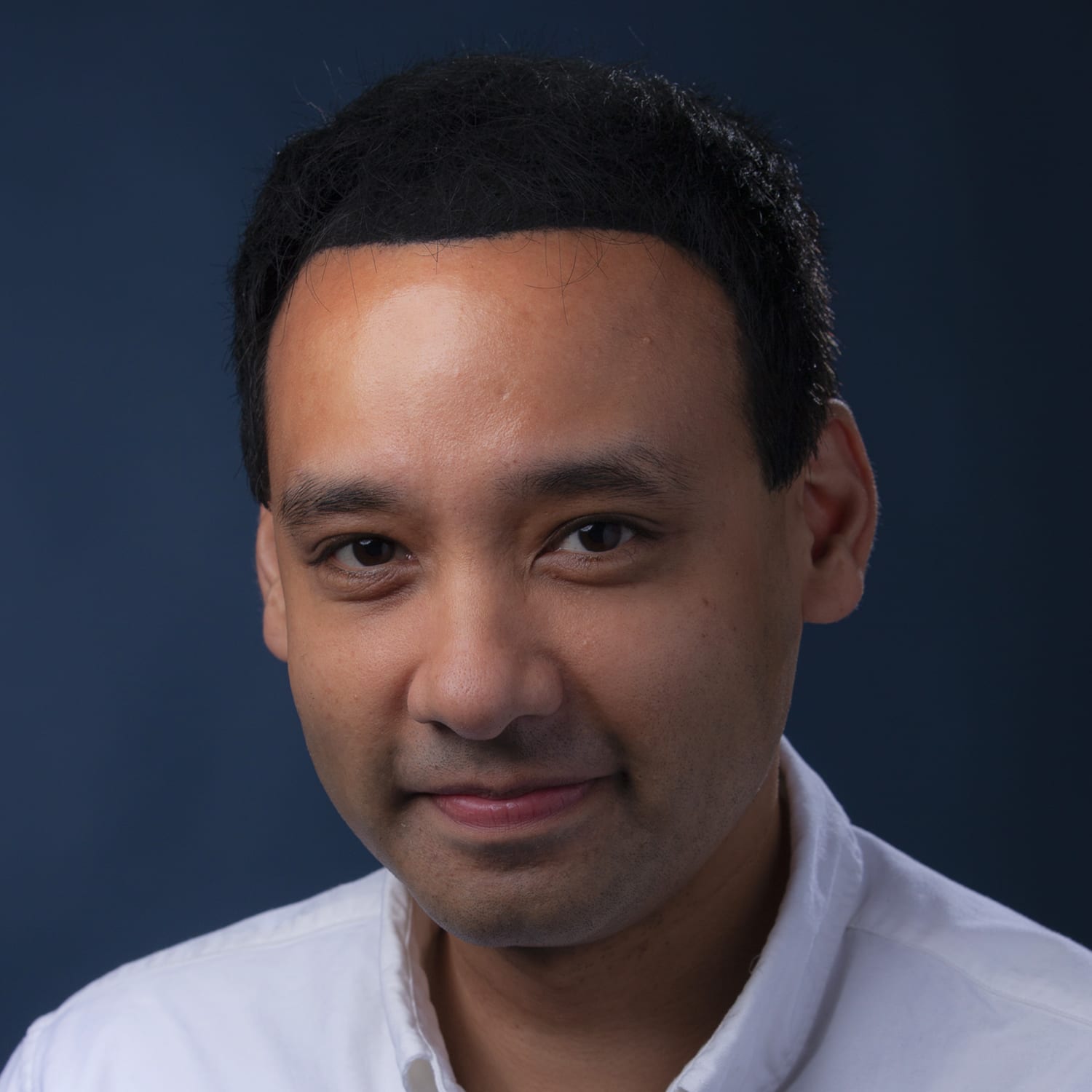The city of Vallejo, California, where residents are calling for an outside review after a spate of fatal police shootings and excessive force complaints in recent years, is facing three new lawsuits claiming officers have violated people’s civil rights — including one man who said he was physically attacked while filming a police stop from his front porch.
Two of the lawsuits originated from incidents that were caught on cellphone video and later shared on social media. The suits allege a “pattern and practice of using excessive force and misconduct against citizens” by the Vallejo Police Department.
The complaints were filed this week in federal court in Northern California by the law offices of John Burris, whose firm is representing other families suing Vallejo police and the Bay Area city. They include the family of a black rapper named Willie McCoy, who was fatally shot inside of his car in February by six Vallejo officers, prompting an ongoing investigation by the Solano County District Attorney’s Office.
The suits also come as city leaders have been under pressure to become more engaged with the public over policing issues and announced last week the selection of a new police chief after the previous one retired this summer.
The three lawsuits allege:
- In January, Adrian Burrell, a black Marine veteran, was filming a traffic stop from his front porch that involved his cousin about 30 feet away. According to the suit and what is seen in Burrell’s cellphone video, Officer David McLaughlin ordered him to go back inside and stop interfering. Burrell, who said he was exercising his First Amendment right to record, refused. Burrell was then slammed into a wall and swung into a pole, where he knocked his head and sustained a concussion, according to the suit. He was then handcuffed. Only after McLaughlin learned that he was a veteran with no police record, Burrell added, was he released from the back of a police car.
- In April, Deyana Jenkins, a 20-year-old niece of McCoy’s, said she was racially profiled, dragged from her car, Tased and unlawfully arrested after Vallejo police pulled over the car she was driving. Part of the incident was filmed on cellphone, although the moment Jenkins said she was tased is not visible. Jenkins was booked into the Solano County Jail on suspicion of resisting arrest and delaying an officer in the performance of his duties. The district attorney did not pursue charges, according to the suit.
- In October 2018, Delon Thurston, who is black, alleges that Vallejo officers pulled her over during a traffic stop outside of her home, and she was “violently” dragged out of her car and then physically searched in a degrading manner. According to the suit, she was arrested for resisting, but the district attorney did not pursue charges.
The suits are seeking damages to be determined at trial. Attorney Melissa Nold, who is representing the plaintiffs, said the suits are “just a few examples of the daily disrespect the black, brown and vulnerable communities in Vallejo have been dealing with for decades.”
An NBC News examination in April found that civil rights lawsuits and claims in connection with the Vallejo Police Department have cost the city more than $7 million in settlements since 2011.
Vallejo City Attorney Claudia Quintana said in a statement Friday that she has yet to receive the lawsuits.
“We cannot comment on pending litigation, but we will review any filings made and will then respond as required by court procedures,” she said. “We are confident the fact-based litigation process will determine the truth in these cases.”
The Vallejo Police Department did not comment.
Vallejo’s new police chief, Shawny Williams, is expected to begin his role in November, pending the completion of background checks. Williams, a veteran deputy chief of the San Jose Police Department, is set to become Vallejo’s first black police chief and was tapped with the help of a panel of community members.
Meanwhile, some residents have called for assistance from outside agencies, including the U.S. Department of Justice, to examine what they say is a wider pattern of excessive force and overly aggressive policing. This past spring, city officials invited the Department of Justice’s community relations mediators to meet with residents, although those mediators have no power to investigate or enforce recommendations for the police department. It is unclear when that meeting would take place.












